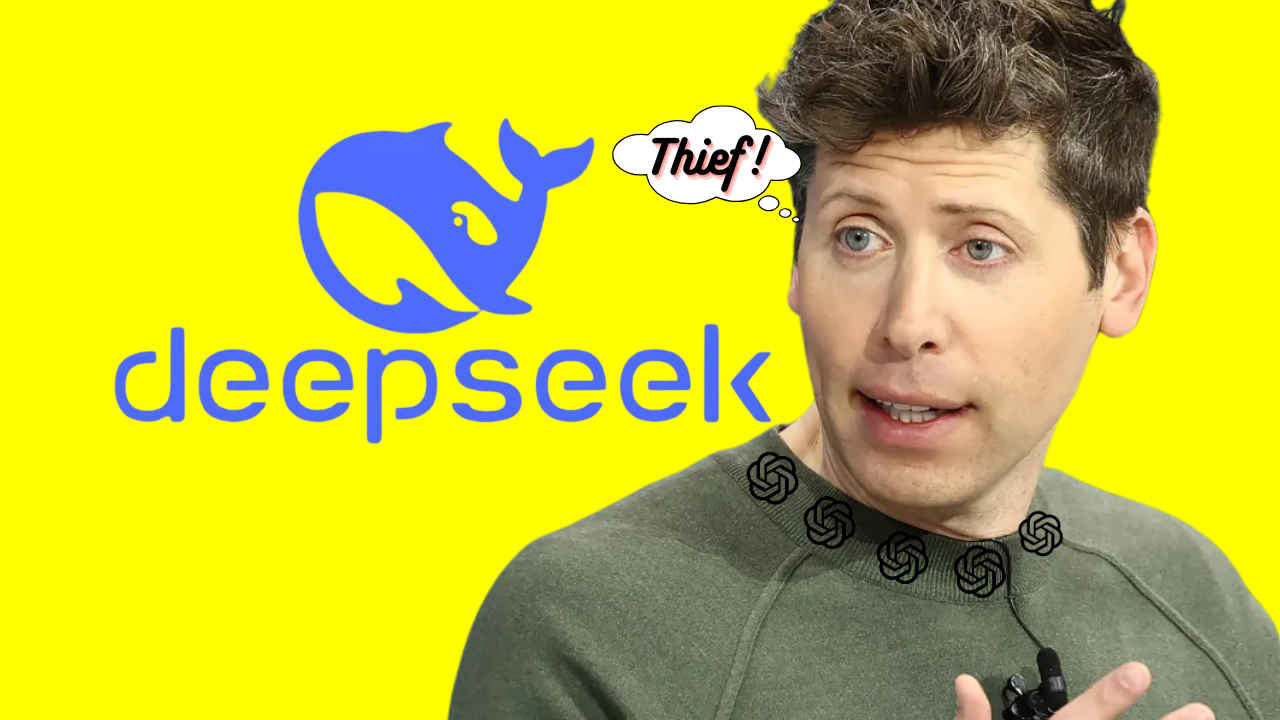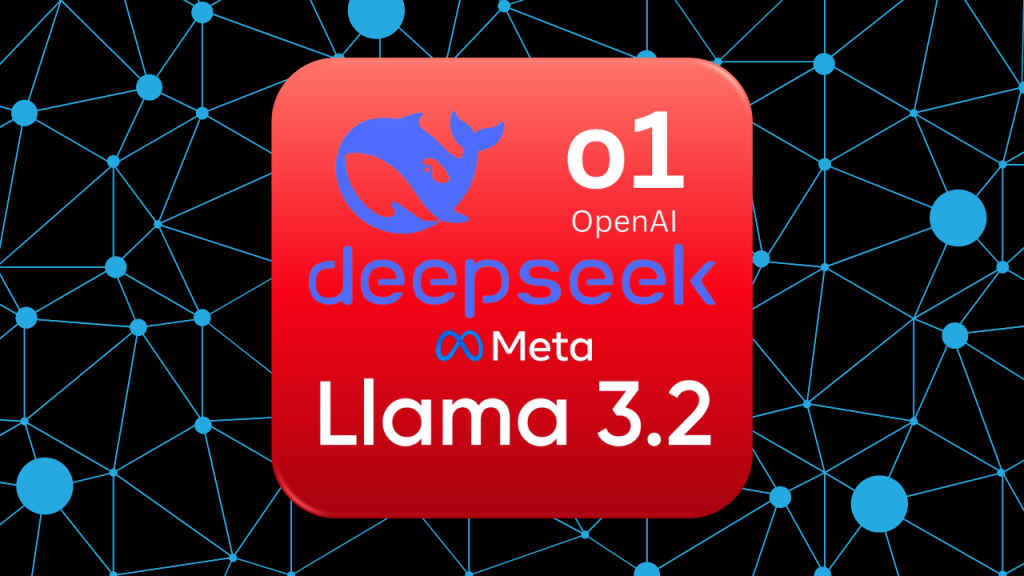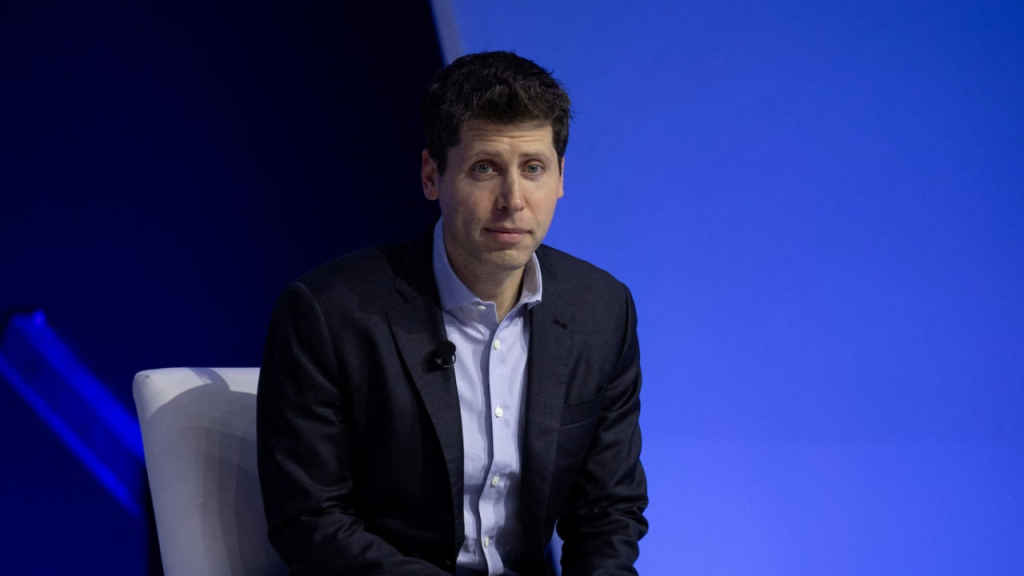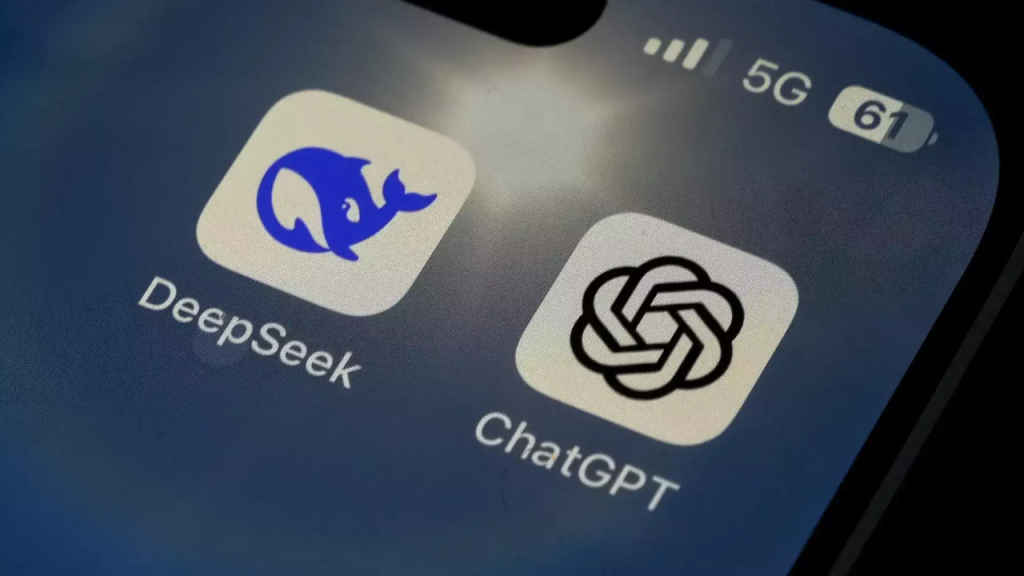DeepSeek vs OpenAI: Why ChatGPT maker says DeepSeek stole its tech to build rival AI

OpenAI has accused Chinese companies, particularly the AI startup DeepSeek, of exploiting its proprietary technology to create competing AI models. These allegations are based on technical investigations, market observations, and circumstantial evidence.
 Survey
SurveyOpenAI, alongside its partner Microsoft, has been monitoring suspicious activities that suggest unauthorised use of its systems.
Also read: Deepseek R1 vs Llama 3.2 vs ChatGPT o1: Which AI model wins?
This situation highlights the complexities of safeguarding intellectual property in the rapidly evolving field of artificial intelligence and reflects the broader geopolitical tensions between the United States and China in their race for technological dominance.
How OpenAI discovered the alleged misuse
OpenAI’s suspicions were initially aroused when Microsoft’s cybersecurity team identified unusual activity involving OpenAI’s API in late 2024. This activity included large-scale data scraping, where individuals linked to DeepSeek allegedly extracted vast amounts of information from OpenAI’s systems.
Also read: DeepSeek is call to action for Indian AI innovation, says Gartner
While OpenAI licenses its API to third-party developers for integration into their applications, this level of data extraction far exceeded normal usage patterns and likely violated OpenAI’s terms of service. Such unauthorised access is a common tactic for gathering outputs from advanced AI models, which can then be used to train competing systems.

Another technique that OpenAI believes was exploited is “knowledge distillation.” This method enables developers to train smaller or less resource-intensive AI models by leveraging the outputs of more sophisticated systems like OpenAI’s GPT-4.
While knowledge distillation is a legitimate practice within AI development, using it to replicate or enhance competing products without permission breaches ethical and legal boundaries. OpenAI suspects that DeepSeek used this approach to develop its R1 model, which rivals or even surpasses ChatGPT in certain benchmarks.
Also read: DeepSeek R1 on Raspberry Pi: Future of offline AI in 2025?
The timing and sophistication of DeepSeek’s advancements raised concerns within the tech industry, as it seemed improbable that such rapid progress could have been achieved without relying on existing advanced models like those created by OpenAI.
Why OpenAI is confident of its claims
OpenAI’s confidence in these allegations is underpinned by several factors. Technical evidence gathered by Microsoft reveals clear patterns of API misuse and data scraping.
Furthermore, the emergence of DeepSeek’s R1 model shortly after OpenAI’s breakthroughs strongly suggests that DeepSeek may have relied on OpenAI’s outputs to accelerate its development.

Despite being developed at a fraction of the cost of GPT-4, the R1 model demonstrated comparable or even superior capabilities in tasks such as mathematics and general knowledge. This level of performance raised suspicions that DeepSeek had reverse-engineered or directly copied elements of OpenAI’s technology.
Also read: DeepSeek AI: How this free LLM is shaking up AI industry
Additionally, past security breaches at OpenAI have heightened concerns about foreign adversaries accessing sensitive information. In one notable incident, hackers infiltrated internal messaging systems at OpenAI, potentially exposing design details that could have been used by competitors. Although this particular breach may not be directly linked to DeepSeek, it underscores vulnerabilities that could have contributed to the current allegations.
DeepSeek vs OpenAI: What does this mean for future of AI
This controversy underscores significant challenges faced by companies operating in the global AI landscape. Protecting intellectual property has become increasingly difficult as advanced technologies are shared across borders and as competitors employ sophisticated methods to replicate innovations.
For OpenAI, which invests heavily in research and development to maintain its competitive edge, unauthorised use of its technology undermines both its business model and its ability to innovate.
The allegations also reflect broader geopolitical tensions between the United States and China over technological supremacy. AI has become a critical battleground in this competition, with both nations striving to outpace one another in developing cutting-edge systems.

The rise of DeepSeek as a formidable competitor has unsettled Silicon Valley giants like OpenAI, Google, and Meta. Financial markets have also felt the impact, with nearly $1 trillion wiped off the value of AI-related stocks amid concerns over intellectual property theft and intensifying competition.
Also read: DeepSeek vs ChatGPT and NVIDIA: Making AI affordable again?
DeepSeek has denied any wrongdoing, asserting that its success stems from independent innovation rather than reliance on OpenAI’s technology. However, these allegations have cast a shadow over its achievements and raised questions about how governments and companies can enforce intellectual property rights while fostering innovation in an interconnected world.
Sagar Sharma
A software engineer who happens to love testing computers and sometimes they crash. While reviving his crashed system, you can find him reading literature, manga, or watering plants. View Full Profile